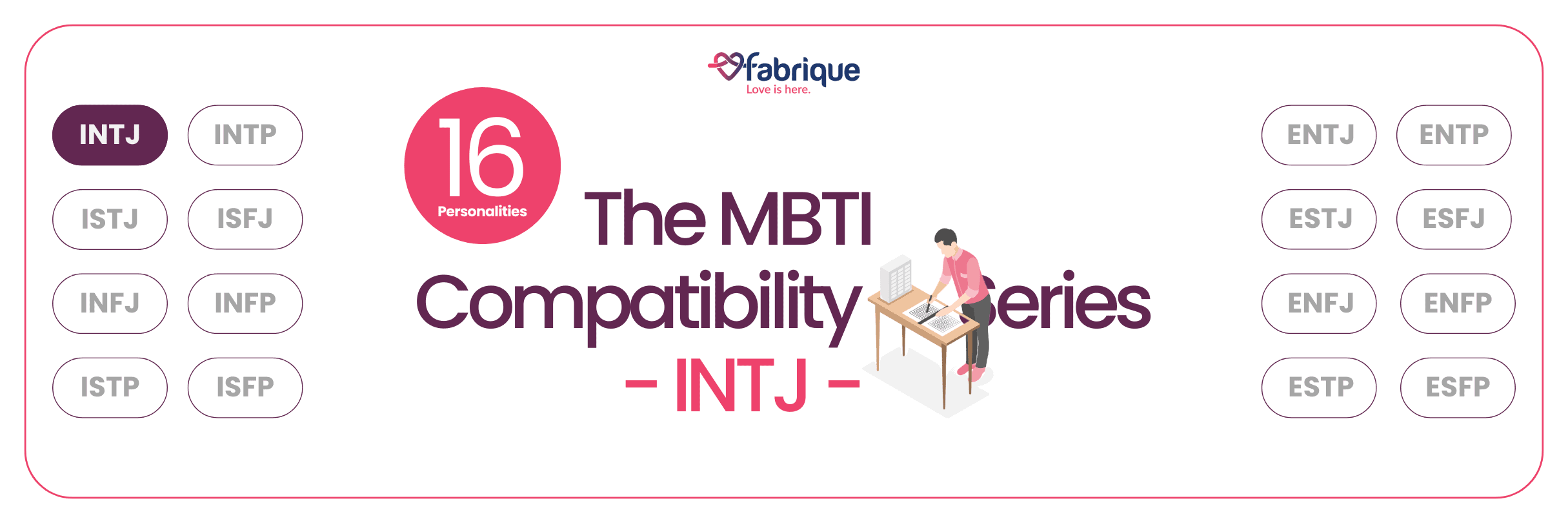
INTJ: The Strategic Partner
Individuals with the INTJ personality type are known for their strategic thinking and analytical approach to problem-solving. In a relationship, they are independent and goal-oriented, always looking for ways to improve themselves and their partner. They value intelligence and creativity, seeking a partner who can engage them in deep and meaningful conversations.
Dating an INTJ
Pros:
The INTJ partner is known for their intelligence, independence, and strategic thinking. They are great problem solvers and are always looking for ways to improve themselves and their relationships. Here are some pros of being in a relationship with an INTJ:
- They are highly analytical and can provide insightful perspectives on various issues.
- They are goal-oriented and will support their partner in achieving their dreams.
- They are loyal and committed once they find a partner they truly connect with.
Cons:
However, there are also some cons to consider when dating an INTJ. Here are a few things to keep in mind:
- They can be overly critical and have high expectations for themselves and their partner.
- They may struggle with expressing emotions and can come off as cold or distant.
- They can be stubborn and inflexible when it comes to compromising on certain issues.
INTJ Relationship Compatibility

Most Compatible Types:
- ENTP: The INTJ and ENTP pairing is often described as a match made in intellectual heaven. Both types are highly logical and enjoy engaging in deep, meaningful conversations. The ENTP’s outgoing and spontaneous nature complements the INTJ’s more reserved demeanor.
- INFJ: The INTJ and INFJ share a common desire for personal growth and understanding. Both types value authenticity and emotional depth in their relationships, creating a strong foundation for connection.
- ENTJ: The INTJ and ENTJ are both driven, ambitious individuals who appreciate each other’s strategic thinking and goal-oriented mindset. They can work together to achieve their shared vision and support each other’s professional and personal goals.

Most Incompatible Types:
- ESFP: The INTJ and ESFP have very different approaches to life and relationships. The ESFP’s spontaneous and sociable nature may clash with the INTJ’s need for structure and planning. Communication and decision-making styles may also cause tension in this pairing.
- ISFP: The INTJ and ISFP have contrasting preferences when it comes to decision-making and communication. The ISFP’s focus on the present moment and emotional expression may not align with the INTJ’s more logical and future-oriented mindset, leading to potential misunderstandings and conflicts.
- ESTP: The INTJ and ESTP have conflicting ways of approaching challenges and decision-making. The ESTP’s preference for taking risks and seeking immediate rewards may clash with the INTJ’s cautious and analytical nature. Trust and communication may be key issues in this pairing.
What makes an INTJ happy in a relationship?
INTJs thrive in relationships that allow them to engage in deep, meaningful conversations and intellectual discussions. They appreciate partners who respect their need for independence and autonomy, and who can challenge them intellectually. Mutual respect, trust, and understanding are key to making an INTJ feel happy and fulfilled in a relationship.
What makes an INTJ unhappy in a relationship?
- Feeling stifled or controlled
- Lack of communication or intellectual stimulation
- Emotional drama or unpredictability
- Not being able to pursue their own goals and interests
While MBTI compatibility can provide valuable insights into relationship dynamics, it is important to remember that it is not everything. Every relationship requires mutual understanding, hard work, and love to thrive and succeed. Regardless of MBTI type, prioritizing open communication, respect, and empathy will always be the foundation of a healthy and fulfilling relationship.
